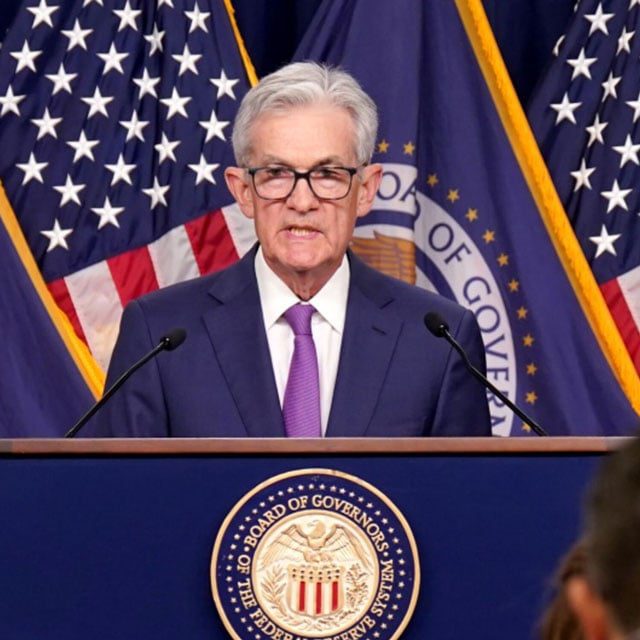Fed Dials Back Rate Forecasts, Signals Just One Cut in 2024

Fed officials also published fresh forecasts for inflation, raising their projection for underlying inflation to 2.8% from 2.6% in March.
They maintained their forecasts for economic growth and the unemployment rate at 2.1% and 4% respectively. The unemployment rate climbed to 4% in May.
Restrictiveness Debate
Officials also raised their projections for where interest rates will settle in the longer term, to 2.8% from 2.6% at the March gathering. The increase, following a slight bump in March, hints policymakers expect higher interest rates are here to stay.
Some officials, including Dallas Fed President Lorie Logan, have said higher borrowing costs may not be slowing the economy as much as previously thought. Still others, such as New York Fed President John Williams, have said that policy is well positioned to bring inflation down to the Fed’s goal.
U.S. central bankers are engaging in a broader discussion about whether the neutral rate, or the rate at which the Fed is neither slowing nor stimulating the economy, has risen since before the pandemic. A higher neutral rate would suggest that monetary policy is not doing as much to restrain the economy.
While U.S. economic growth is moderating and spending is cooling, some aspects of the economy are proving more resilient to higher borrowing costs.
U.S. nonfarm payrolls surged by 272,000 in May, surpassing all projections in a Bloomberg survey of economists, and average hourly earnings growth picked up.
The unemployment rate — which is derived from a separate survey — increased to 4% from 3.9%, rising to that level for the first time in over two years.
The Fed also said it would continue to shrink its balance sheet at the slower pace announced in May. Starting this month, the central bank will let its holdings of Treasury securities fall by up to $25 billion a month, down from the previous cap of $60 billion. The cap for mortgage-backed securities was left unchanged at $35 billion.
Jerome Powell, chairman of the U.S. Federal Reserve (Credit: Bloomberg)




